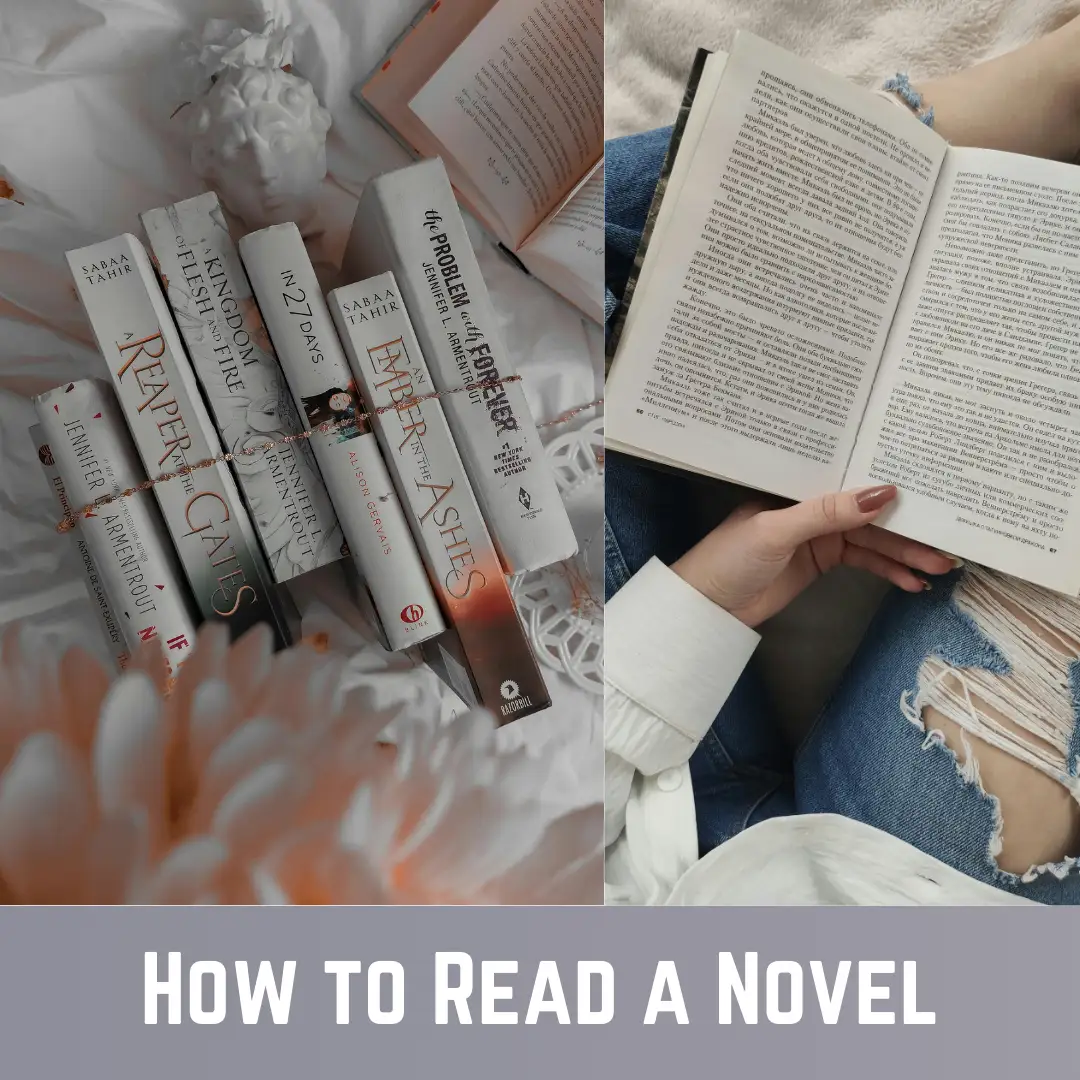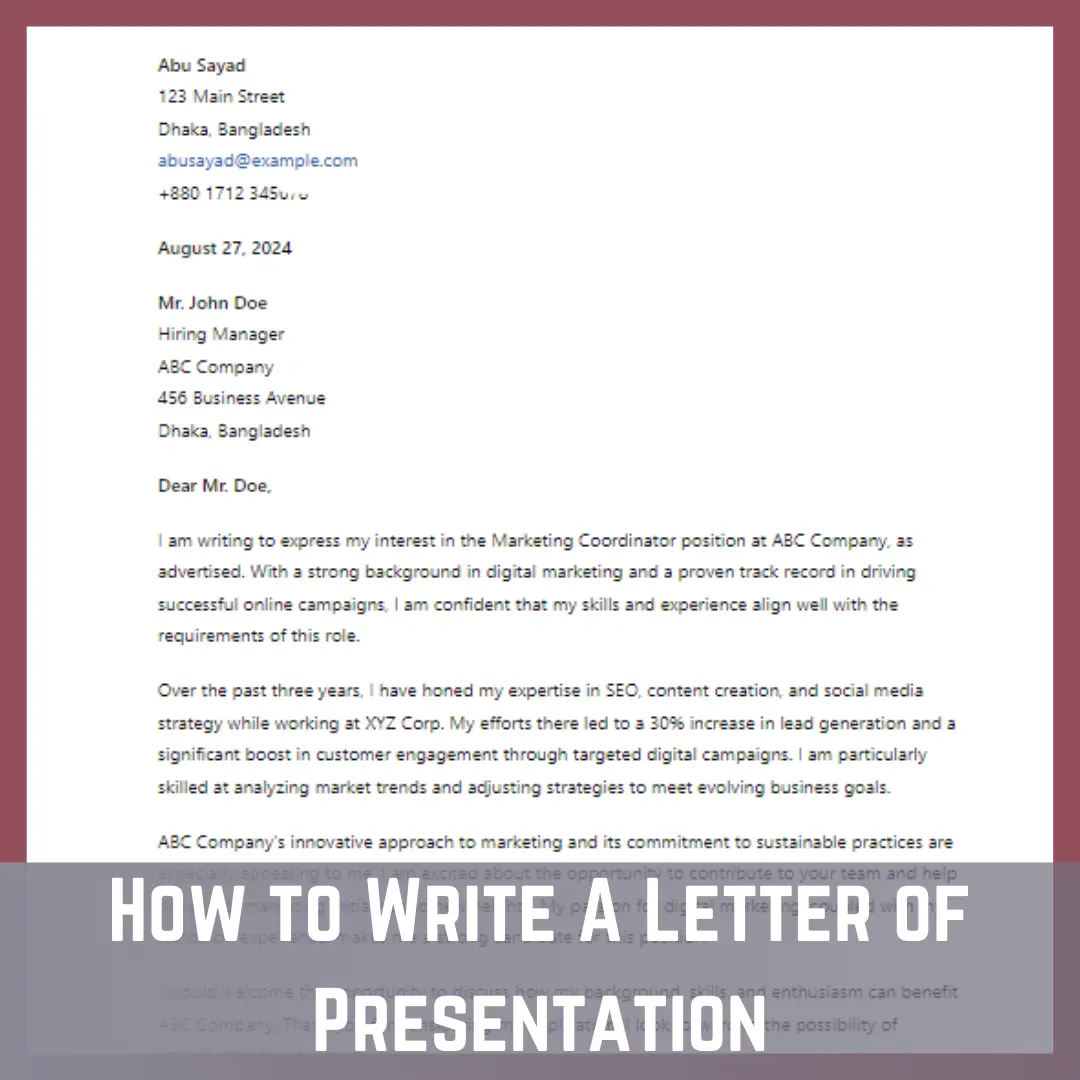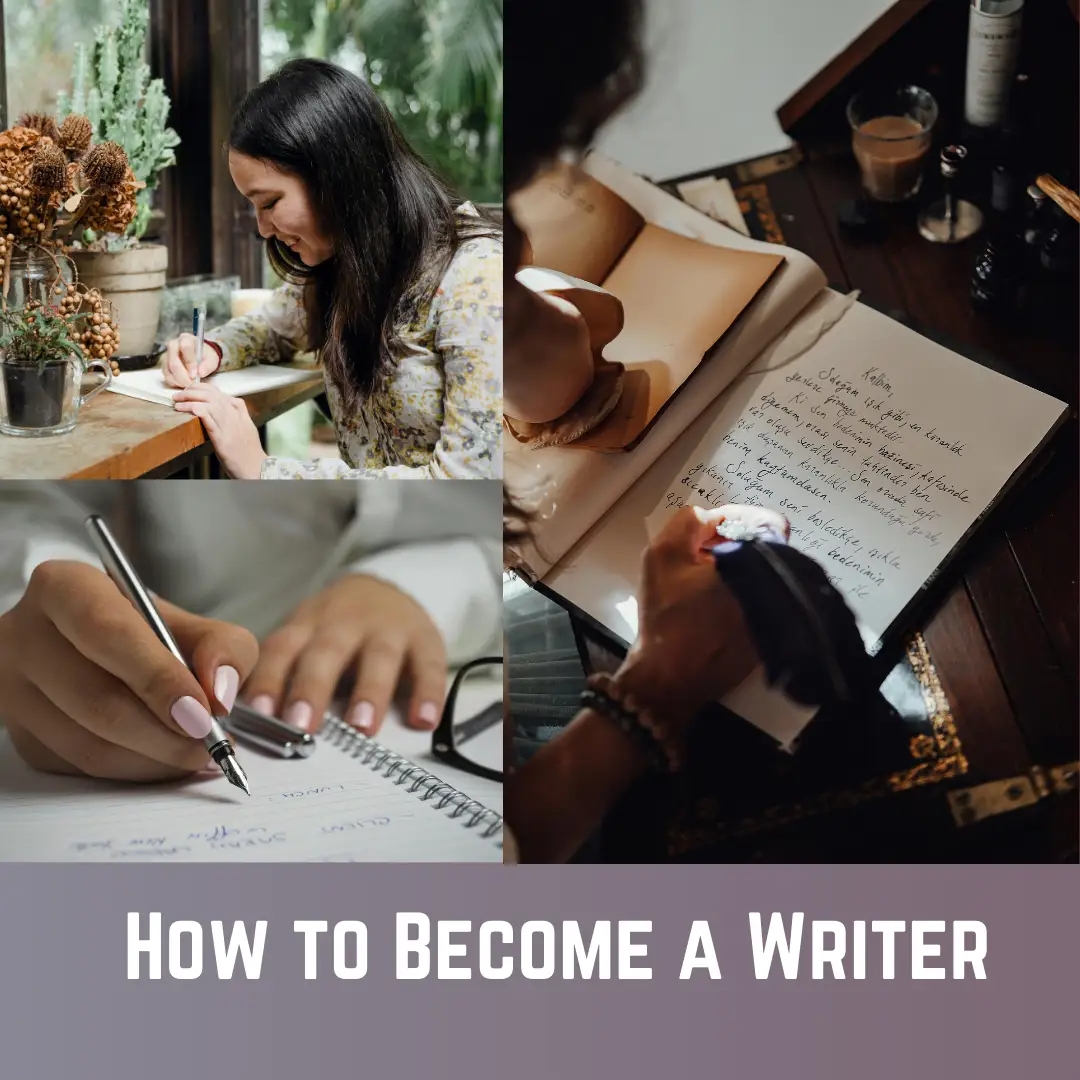Reading a novel is a journey into another world, one crafted by an author’s imagination and brought to life through the power of words. But how do you read a novel in a way that allows you to fully appreciate its depth, themes, and characters? Whether you’re a seasoned reader or just starting out, understanding the best practices for reading a novel can enhance your experience and make your reading time more enjoyable.
How to Read a Novel
Reading a novel involves more than just flipping through pages. It’s about immersing yourself in the story, understanding the characters, and connecting with the themes. Here’s a step-by-step guide on how to read a novel effectively:
- Choose the Right Environment: Find a quiet, comfortable place where you can focus. Whether it’s a cozy corner of your home, a park bench, or a quiet café, your environment should be conducive to uninterrupted reading.
- Set the Mood: Lighting and comfort are key. Make sure you have good lighting to avoid eye strain and a comfortable seat to settle in for long reading sessions.
- Start with the Synopsis: Before diving in, read the synopsis or back cover of the novel. This gives you an idea of the plot and sets the stage for what to expect.
- Take It Slow: Don’t rush through the book. Novels are meant to be savored. Pay attention to the language, the structure, and the nuances of the writing.
- Make Notes: If something stands out to you, make a note of it. Whether it’s a particular quote, a character’s development, or a theme, jotting down your thoughts can enhance your understanding and retention.
- Reflect on the Characters: Think about the characters’ motivations, their growth, and their relationships with each other. This adds depth to your reading experience.
- Understand the Themes: What is the novel trying to convey? Themes are the underlying messages or ideas in a story. Reflecting on these can give you a greater appreciation for the novel.
- Discuss with Others: If possible, discuss the novel with friends or join a book club. Sharing insights can deepen your understanding and introduce you to different perspectives.
How Long Does It Take to Read a Novel?
One common question is, how long does it take to read a novel? The answer varies depending on the length of the book, the complexity of the language, and your reading speed. On average, a typical novel of about 300 pages might take a reader anywhere from 6 to 10 hours to read. However, this can vary widely—some readers may take longer to fully absorb the content, while others might breeze through in a few sittings.
If you’re wondering how to pace yourself, consider setting aside a specific time each day for reading. Even 30 minutes of daily reading can help you complete a novel in a reasonable timeframe.
How to Overcome Reading Slumps and Stay Motivated
Even the most dedicated readers experience reading slumps where picking up a novel feels like a chore. To overcome this, try switching genres, re-reading a favorite book, or setting small daily reading goals. Sometimes, joining a reading challenge or participating in discussions with fellow readers can reignite your passion for reading.
How to Read a Book: A Novel by Monica Wood
If you’ve come across the book titled “How to Read a Book: A Novel” by Monica Wood, you might be curious about its content. While the title suggests it’s a novel about reading, it’s actually a unique literary piece that delves into storytelling and the act of reading itself. Monica Wood is known for her rich, character-driven narratives, and this book is no different. It’s a reflective journey that combines the joy of reading with the art of storytelling.
When approaching this book, apply the same steps outlined earlier, but also pay special attention to Wood’s exploration of how we connect with literature. Her novel is a celebration of books, making it an ideal read for those who love the written word.
How to Read a Graphic Novel
Graphic novels offer a unique blend of visual art and narrative, creating a different reading experience compared to traditional novels. How to read a graphic novel involves paying close attention to both the text and the illustrations, as they work together to tell the story.
- Focus on the Art: The illustrations are as important as the text in conveying the story. Notice the details, color schemes, and the way characters are depicted. These elements often carry symbolic meaning.
- Read Panel by Panel: Graphic novels are structured in panels, and each one is a snapshot of the story. Take your time with each panel, understanding the flow of action and the dialogue.
- Consider the Layout: The arrangement of panels can affect the pacing of the story. Some layouts are straightforward, while others might require more attention to follow the sequence.
- Engage with the Narrative: Like traditional novels, graphic novels have characters, themes, and plots. Engage with these elements just as you would with any other book, reflecting on how the visual aspects enhance the storytelling.
The Benefits of Reading Novels Regularly
Reading novels offers numerous benefits beyond entertainment. It improves vocabulary, enhances empathy by allowing you to see the world through different perspectives, and strengthens cognitive functions by engaging your imagination and critical thinking skills. Regular reading also provides a healthy escape from daily stress, contributing to overall mental well-being.
Conclusion
Whether you’re reading a classic novel, a contemporary bestseller, or a graphic novel, the key to getting the most out of your reading experience is to immerse yourself fully in the world the author has created. By taking the time to understand how to read a novel, you can transform your reading sessions into deeply enriching experiences. And remember, the journey through each book is unique—savor each page, reflect on the characters and themes, and let the story unfold at its own pace.
In conclusion, mastering how to read a novel book can be a rewarding endeavor. With the tips provided, you’ll not only enhance your reading skills but also develop a deeper appreciation for the art of storytelling.
FAQs: How to Read a Novel
1. What is the best way to start reading a novel?
- Answer: The best way to start reading a novel is by choosing a comfortable and quiet environment, reading the synopsis to get an idea of the plot, and then diving into the story with an open mind. Take your time to absorb the language, characters, and themes without rushing.
2. How long does it typically take to read a novel?
- Answer: The time it takes to read a novel depends on factors like the book’s length, your reading speed, and the complexity of the text. On average, a 300-page novel might take between 6 to 10 hours to read, but this can vary widely.
3. How can I improve my understanding of a novel’s themes and characters?
- Answer: To better understand a novel’s themes and characters, take notes while reading, reflect on the characters’ motivations and development, and consider how the themes relate to your own life or the world around you. Discussing the novel with others can also provide new insights.
4. What should I do if I lose interest in a novel halfway through?
- Answer: If you lose interest in a novel, try taking a short break or reading a different genre to refresh your mind. You can also set smaller reading goals, like a chapter a day, to make progress without feeling overwhelmed. Sometimes revisiting the book later can rekindle your interest.
5. Are there different techniques for reading different types of novels, like graphic novels or classics?
- Answer: Yes, different types of novels may require different reading techniques. For graphic novels, focus on both the text and the artwork, as they work together to tell the story. For classics, take your time with the language and historical context to fully appreciate the text.
6. How can I read more novels if I have a busy schedule?
- Answer: To read more novels with a busy schedule, try setting aside a specific time each day for reading, even if it’s just 15-30 minutes. Audiobooks are also a great way to fit reading into your day, allowing you to “read” while commuting or doing other tasks.
7. What are the benefits of reading novels regularly?
- Answer: Regularly reading novels can improve your vocabulary, enhance your empathy by exposing you to different perspectives, and strengthen cognitive functions by engaging your imagination. It also provides a healthy escape from stress and can improve your overall mental well-being.
8. Can reading a novel help improve my writing skills?
- Answer: Yes, reading novels can significantly improve your writing skills. By exposing you to different writing styles, sentence structures, and vocabulary, you learn how to craft compelling narratives and develop a unique voice in your own writing.
9. Is it okay to re-read novels?
- Answer: Absolutely! Re-reading novels can offer new insights and a deeper understanding of the story, themes, and characters. Each reading experience can be different, revealing details you may have missed the first time.
10. How can I make reading novels more enjoyable?
- Answer: To make reading novels more enjoyable, choose books that genuinely interest you, set up a cozy reading environment, and avoid pressuring yourself to read quickly. Join a book club or online reading community to share your experiences and get book recommendations.




